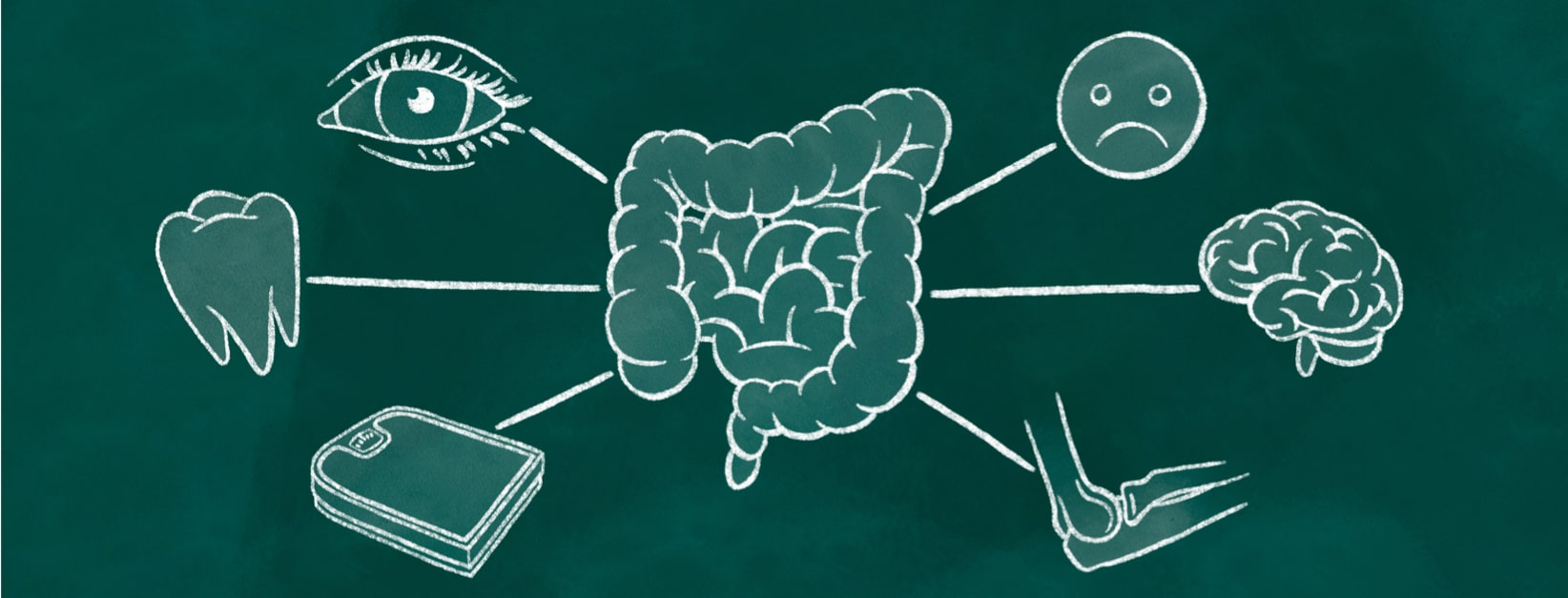The Stigma Around Crohn's and Colitis
Let's face it, talking about our diseased bowels is not the most comfortable thing to do with others.
Whether it be family or friends, bowel talk can feel cringy. Why? Well, I don't think it's that hard to figure out. Poop talk is something we typically keep quiet in our society. We all partake in bowel movements but it's just something that is left unsaid and viewed as impolite.
So the fact that there is a stigma around Crohn's and ulcerative colitis isn't very shocking. Anyone who is diagnosed with it, however, knows that the symptoms that come along are not solely confined to bowel movements and bathroom issues.
The extraintestinal symptoms of Crohn's and colitis
There are quite an array of extraintestinal symptoms this diagnosis has, actually. Just to name a few of them: debilitating fatigue that makes it hard to do the simplest tasks (and no, a nap doesn't cure it, although it can help slightly), anemia, skin issues, eye inflammation, joint pain, swollen ankles and knees, depression, anxiety, panic attacks, weight loss, weight gain, hair loss, insomnia, dental issues, mouth sores – and that isn't even the complete list.
Many people have no idea that beyond bowel issues comes an array of happy gifts, and perhaps that is why it is important to be more open with this diagnosis. Undoing the stigma and educating those around us can really help people understand the complexity of inflammatory bowel disease.
How we can talk to people about our IBD
I like to start out by explaining to those closest to me that the intestines are essential to total health in our bodies. Even Hippocrates said, "All disease begins in the gut." The gut is how we absorb energy and when the intestines are compromised, our entire body is affected. Not just our bowel. Our mind, our eyes, our skin, our joints, our bones, our muscles — I think you get it. Everything.
It is a domino effect. If our digestive system suffers, soon after, our entire body will suffer. This is an essential point to get across to anyone who is interested in learning about our condition.
Education is so important. You would be surprised how interested people are once you start talking about it and not making it awkward or uncomfortable. So I encourage you to talk more about your diagnosis and be more open and willing to share and educate.
Focusing on non-bathroom symptoms
You don't have to dwell on the unpleasant moments we endure in the washroom. You can quickly get past that and talk about how essential the gut is to our health. And because we have a disease in our gut, other areas in our bodies suffer greatly. From there, you can discuss all the extraintestinal manifestations you deal with, which is hugely eye-opening to someone who only knows IBD as a bathroom issue.
Talking about an illness can feel weird and uncomfortable. But I've found, in my personal journey, that the moment I became open, honest, and willing to educate, I felt so much better around my family and friends. In a way, it is my job to educate them and let them know about this disease and in doing so they are better equipped to offer me support.
How about you? Are you open and honest with those closest to you about your Crohn's or colitis diagnosis? Do you find the stigma of talking about bowel issues holds you back? Share your thoughts below.

Join the conversation